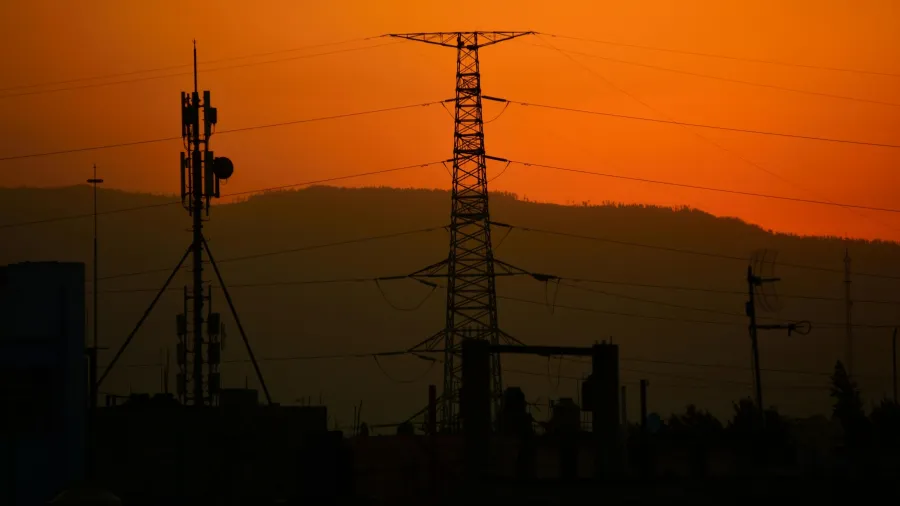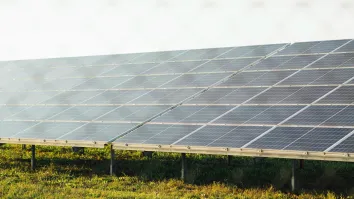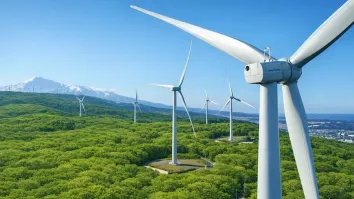
Ceylon Electricity Board’s funds adequate despite 22.5% tariff cut: Fitch Ratings
Payments to independent power producers are not affected.
The cash flow of the Ceylon Electricity Board (CEB) is seen to remain adequate for debt servicing despite a 22.5% tariff cut implemented by the Public Utilities Commission of Sri Lanka, according to Fitch Ratings.
“The agency does not expect the latest cut to affect the Sri Lankan electricity distributor’s payments to independent power producers (IPP). Lower tariffs are supported by falling generation costs from CEB’s higher mix of hydropower and lower coal prices yoy [year-on-year]. Financing costs will also fall amid lower market interest rates,” the agency said in a statement.
The tariff reduction implemented was larger than the 10% proposed by CEB.
Following the cut and assuming unchanged tariffs and costs for the rest of the year, Fitch expects CEB’s earnings before interest, taxes, depreciation, and amortisation (EBITDA) margin to narrow to about 11% in 2024, from the 26% in 2023. EBITDA interest coverage will fall but remain sufficient at 1.8x aided by declining market interest rates, it added.
Fitch said CEB has the flexibility to reduce annual capex by about $58.82m (LKR20b) to $205.88m (LKR70b) during 2024-2025, in line with the previous three years, to mitigate the impact of lower tariffs. This will help maintain EBITDA net leverage at a healthy 3x, it noted.
CEB is also targeting further reductions in operating costs, though these efforts carry execution risk, the agency said.
“Deviating from the current cost-reflective tariff structure is a key risk to CEB’s balance sheet and the long-term health of Sri Lanka’s power generation sector. A weakening in CEB’s cash flow could lead to delays in settling IPP payments and weigh on the IPPs’ financial profile and liquidity,” Fitch said.
Furthermore, Fitch warned that a deterioration in CEB’s health could put pressure on the country’s power generation targets and energy transition plans, as tariffs for renewable IPPs are typically fixed over the life of the power purchase agreement.
“Delays in settling dues to renewable IPPs could stretch their cash flow and drive up the cost of future investments into the sector and the country’s power generation costs,” it added.
$1 = LKR303.34

















 Advertise
Advertise









